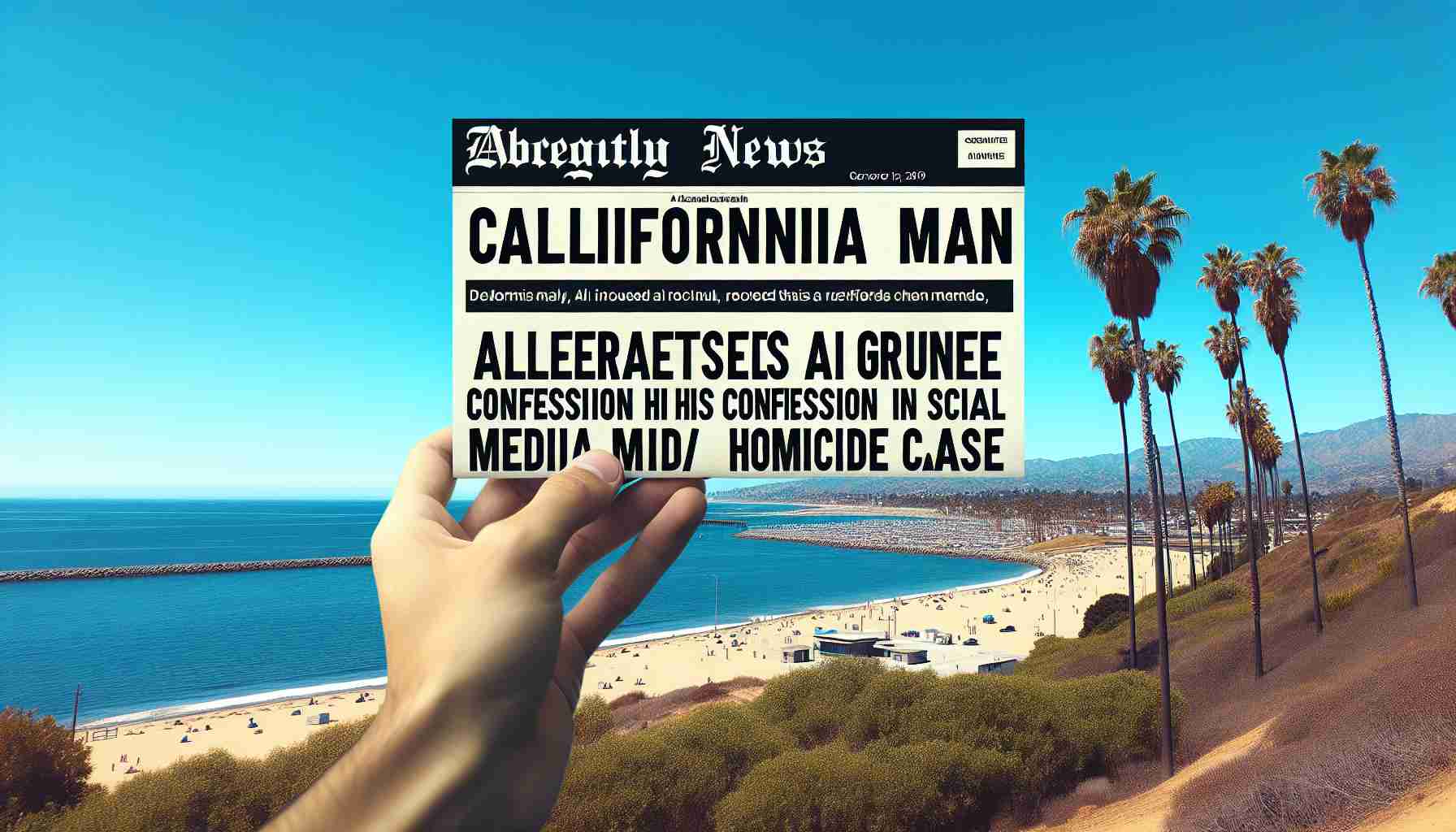In a case that has gripped the nation with its brutality and bizarre twists, Mark Merchikoff, the man accused of a heinous murder, has made a startling claim in court: his confession was the work of artificial intelligence. This assertion has sent ripples through the legal community and opened up a Pandora’s box of questions about the role of AI in the justice system.
Merchikoff stands accused of the fatal stabbing of Claribel Estrella in 2023, a crime that he allegedly broadcasted on Facebook, leaving viewers in shock and disbelief. The San Mateo County Sheriff’s Office identified Merchikoff as the perpetrator, and he was promptly charged with murder. Despite his not guilty plea, the evidence against him seemed overwhelming, especially with the San Mateo Police Department’s statement that he “mercilessly filmed the last moments of the victim’s life and posted the video to Facebook, then fled the area.”
However, in a recent court appearance, Merchikoff’s defense took an unexpected turn. He claimed that his confession, which had been a crucial piece of evidence, was not genuinely his own but rather generated by AI. This claim has left many puzzled and intrigued. How could AI fabricate a confession? What does this mean for the future of legal proceedings?
The implications of Merchikoff’s defense are vast. If AI can be used to create a false confession, it could potentially undermine the integrity of the judicial process. This is a concern that District Attorney Stephen Wagstaffe has likely considered, having previously described Merchikoff’s actions as “a whole series of strange things in this case.”
The case has also highlighted the role of social media in crimes. Wagstaffe pointed out the aggravating nature of Merchikoff’s decision to post the murder on Facebook, calling it “particularly callous.” This aspect of the case has sparked discussions about the responsibility of social media platforms in monitoring and reporting violent content.
As the case unfolds, the world watches with bated breath. The defense’s AI claim, whether a desperate attempt to evade justice or a genuine concern about the misuse of technology, has certainly added an unusual layer to an already complex case. The upcoming hearing, rescheduled for March 21, is eagerly anticipated by those following the case, as well as by legal experts curious about the potential impact of AI on the legal system.
The Merchikoff case is more than just a tragic tale of a life taken too soon; it’s a narrative that challenges our understanding of technology’s role in law and order. As we await further developments, one thing is clear: the intersection of AI and the legal world is a frontier that we are only beginning to explore.
Related posts:
Man Accused of Posting Video of Woman’s Murder to Facebook Claims His Confession Was Generated by AI
Man Who Allegedly Posted Murder to Facebook Claims Confession Was AI-Generated





